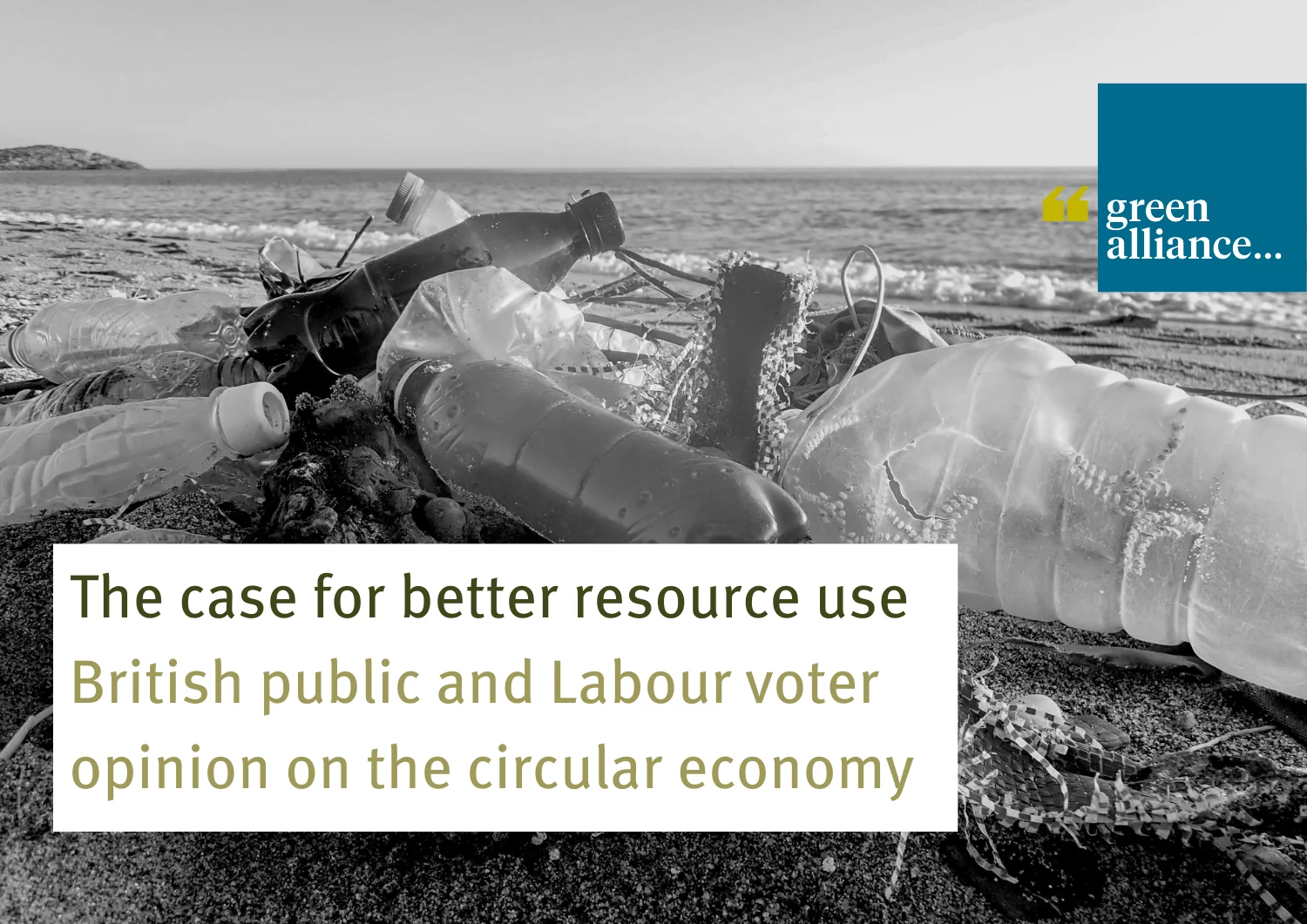Opening up new circular economy trade opportunities: Options for collaboration between the UK and the Netherlands
Event details
Co-hosted by the Circular Economy Task Force and the Dutch Embassy, this conference explored how to promote the trade in circular economy goods and services between the UK and the Netherlands. The Dutch ambassadorLaetitia van den Assum welcomed an expert group of business, policy and academia representatives to a discussion organised around three issues: how policy can support a circular economy, how to deliver a ‘North Sea Resource Roundabout’, and what are the circular economy opportunities for plastics?
The policy discussion highlighted how much policy support for the circular economy there is in the Netherlands, especially targets and financial support for separate collections as well as industry recycling targets and commitments to use recycled content. Support in the UK has focused more on encouragement than legislation, but this encouragement has included bringing new business models to market that support the inner loops – providing a service instead of a product, repair and reuse – of a circular economy. In both countries, policy needs to support cross-sector collaborations that deliver ‘value networks’ as opposed to the current model of linear supply chains. The key question for this session was will we get a circular economy through encouragement alone or do we need stronger government intervention? The Dutch have impressive collection and recycling results thanks to strict policies but it comes with a hefty price-tag for industry and inhabitants.
The second session introduced the idea of a North Sea Resource Roundabout. This would see a great increase in the flow of circular economy goods and services between the countries bordering the North Sea thanks to the use of harmonised standards and regulations. The purpose would be to go further and faster than the EU as a whole, where agreeing a harmonised approach between 28 countries can be painfully slow.
The final session focused on plastics and opportunities to treat end of life plastics in ways that are consistent with a circular economy. Much of the discussion focused on technology and the need for better sorting technologies as well as the potential for new treatment processes like depolymerisation or new bio-based plastics that deliver better properties than current plastics. In the UK context, there is also a need for more widespread collection with only rigid bottle plastics benefiting from universal collection. There was a high level of consensus on the need to stimulate the market in recycled plastics and various policy mechanisms e.g. reduced VAT were put forward.


